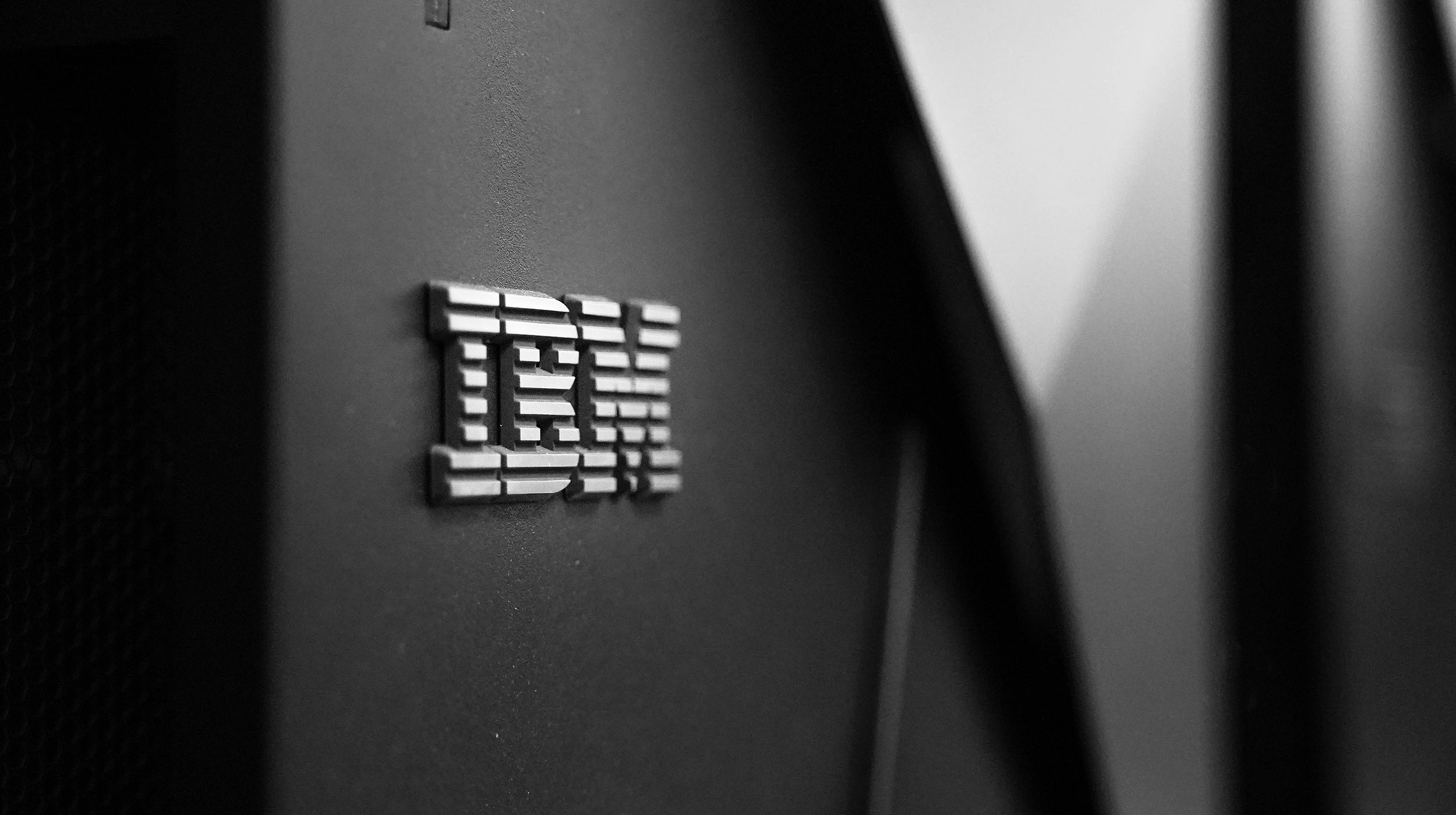Spotlight on IBM
While IBM built its brand on the transformative impact of machines—the “M” in IBM—it has always been best known for leveraging the power of the human brain. The company’s current campaign, “Let’s put smart to work,” traces a direct line back to the “THINK” signs first placed in the corporate offices in 1911.
So it’s not surprising that IBM has spearheaded the creation of the COVID-19 High Performance Computing Consortium, the largest supercomputing project in history. Charged with finding drug compounds to prevent and treat COVID-19, the Consortium comprises a vast and growing roster of NGOs, academic institutions, corporations, government agencies and other entities, including the U.S. Department of Energy, NASA, the NSF, Microsoft, Google, Amazon and the Swiss National Supercomputing Centre. To date an unprecedented amount of computing power—16 systems with more than 775,000 CPU cores and 34,000 GPUs at last count—has been deployed to help researchers worldwide better understand COVID-19 and its workings.
As IBM explains on its website, these high-performance computing systems make it possible to quickly run huge calculations in epidemiology, bioinformatics, molecular modeling and other areas that would take months to perform on traditional computing platforms. The Consortium’s areas of focus range from the means by which viruses bind to human cells to the use of plant-derived phytochemicals that may act against the protein targets in COVID.
Another resource in the battle against COVID is the IBM World Community Grid, which has crowdsourced surplus computing power from idle laptops, PCs, smartphones, tablets and other devices and harnessed it for scientific research. The grid’s research projects have yielded insights into a wide array of diseases and health issues from AIDS to Zika virus. (In a similar vein, the Berkeley Research Center’s SETI@home project, in operation from 1999 through this past March, crowdsourced computer data in support of the Search for Extra-Terrestrial Intelligence.)
Volunteers needn’t have a scientific or technology background to take part in the grid—only a willingness to make their unused computing power available to the grid via a free app that automatically senses device downtime. With thousands of computing devices put to the task, the project can rapidly process hundreds of millions of calculations and screen thousands of compounds in pursuit of COVID drug candidates.
Machine learning, robotics and, of course, Artificial Intelligence (AI), all figure crucially in IBM’s efforts. But, in keeping with a brand that originated more than a century ago, the role of human intelligence is unarguably real.
Discover more Brand Acts of Kindness
Get in touch to Nominate a Brand
About Brand Acts of Kindness®
Brand Acts of Kindness® is a series from Carpenter Group that spotlights companies across industries that are living their brand values in addressing the unprecedented challenges facing the world today.The series initially headlined companies assisting healthcare workers and first responders, as well as communities, businesses and families impacted by the COVID-19 pandemic. We also highlight brands taking the lead in supporting social and racial justice, LGBTQ rights, sustainability and the environment. Their stories show how innovation, resolve and action, built on a solid value proposition, can both strengthen a brand and help create a better world.
About Carpenter Group
Carpenter Group is an independent, woman-owned strategic branding, messaging and marketing communications firm that has delivered results-driven solutions to financial, professional services and technology firms for 30+ years.Our broad cross-discipline experience enables us to craft brand messaging and carry it through to the channels that most effectively connect with our clients’ target audience, from editorial content to advertising to event marketing and more.




